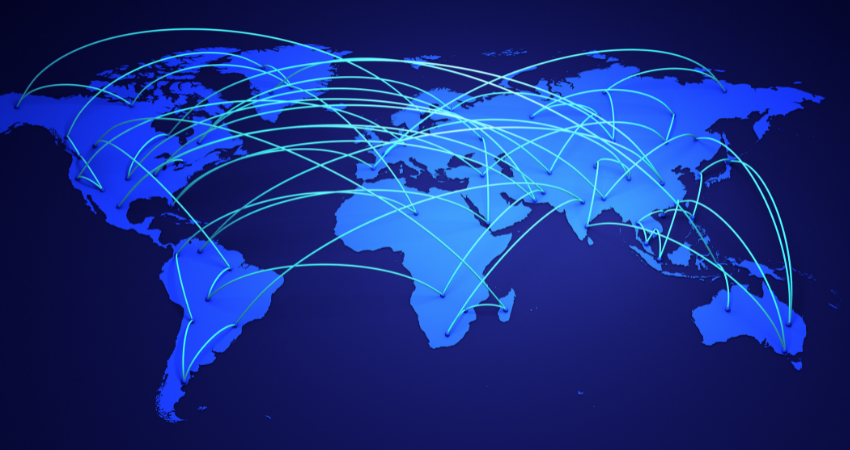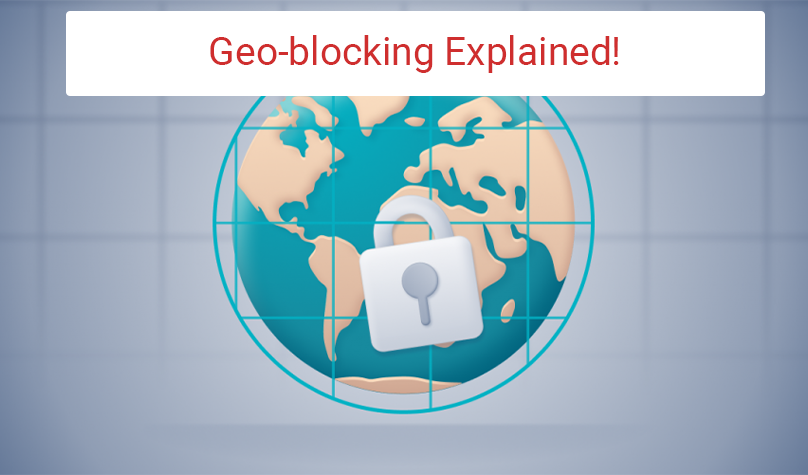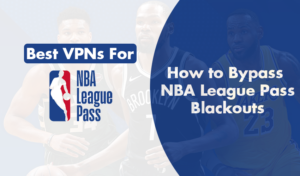Geoblocking is a topic often encountered by internet users who try to access content from different regions.
It can be frustrating when you’re unable to stream your favorite show or access specific services because of your geographical location.
This article is designed to give you a comprehensive understanding of the concept of geoblocking, why it exists, and how to bypass it.
What is Geoblocking?
Geoblocking is a technique employed by online service providers to restrict access to their content based on a user’s geographical location.

This is achieved by examining the user’s Internet Protocol (IP) address, which provides information about their location. Depending on the location data, the service may either allow or deny access to its content.
Reasons for Implementing Geoblocking
There are several reasons why service providers may choose to implement geoblocking.
Licensing and Copyright Laws
One of the primary reasons for geoblocking is the existence of licensing agreements and copyright laws. Content providers such as Netflix, Amazon Prime Video, and Hulu need to abide by these agreements, which often restrict where their content can be shown.
These licensing agreements can be exclusive to certain regions, making it illegal for the content to be displayed in any other area.
Market Segmentation
Another common reason for geoblocking is market segmentation. Service providers may choose to offer different content, pricing, or services based on the geographical location of their users.
This allows them to tailor their offerings to the specific needs and preferences of each market segment.
Government Censorship
In some cases, geoblocking is a result of government censorship. Certain countries may restrict access to specific content, effectively forcing service providers to block users from these regions.
How Geoblocking Works
Geoblocking relies primarily on a user’s IP address to determine their geographical location. Each device connected to the internet has an IP address assigned by its Internet Service Provider (ISP).

This IP address contains information about the user’s location, which can be used to allow or deny access to a service.
Once a user attempts to access a service, their IP address is sent to the server hosting the service.
The server uses the IP address to approximate the user’s location and decides whether to allow or block access based on this information.
The Impact of Geoblocking on Streaming Services
Streaming services are among the most heavily affected by geoblocking, mainly due to licensing agreements. Popular platforms like Netflix, Hulu, and Amazon Prime Video have different content libraries for different regions.

This means that a show available on Netflix in the US may not be available on Netflix in the UK, and vice versa.
This practice has led to a significant amount of frustration among users, particularly those who travel frequently or reside in regions with limited content.
Bypassing Geoblocking
Despite the prevalence of geoblocking, there are several ways to bypass these restrictions and access geo-blocked content.

Use a Virtual Private Network (VPN)
A Virtual Private Network (VPN) is the most effective tool to bypass geoblocking. A VPN masks your real IP address and assigns you a new one from a server in a different location. This essentially tricks the streaming service into thinking you’re accessing the content from a region where it’s available.
Use a Proxy Server
A proxy server acts as an intermediary between your device and the internet. When you connect to a proxy server, it changes your IP address and makes it seem like you’re browsing from a different location. This can help you bypass geographical restrictions and access blocked content.
Use a Smart DNS
A Smart DNS service works by changing the Domain Name System (DNS) settings of your device and rerouting your traffic through a server in a different location. This makes it appear as if you’re accessing the internet from that location, allowing you to bypass geoblocking.
The Legality of Geoblocking and Bypassing It
Geoblocking is legal in most parts of the world. It is a method used by service providers to comply with international copyright laws and licensing agreements.
However, the legality of bypassing geoblocking is a bit more complex and varies from one region to another.
In most cases, bypassing geoblocking isn’t illegal, but it might violate the terms of service of the platform you’re using. If caught, you could potentially have your account suspended or terminated.
The Future of Geoblocking
As the digital landscape continues to evolve, so does the practice of geoblocking. There’s a growing push towards a more open and accessible internet, and this could potentially lead to a reduction in geoblocking practices in the future.
However, as long as licensing agreements and copyright laws exist, geoblocking will likely continue to be a common practice among online service providers.
Conclusion
Geoblocking is a prevalent practice in the digital world, particularly among streaming services. While it can be frustrating for users, it’s important to remember that it’s a legal practice used to comply with licensing agreements and copyright laws.
However, if you’re looking to bypass these restrictions, using a VPN, proxy server, or Smart DNS service can be an effective solution.
As the digital landscape continues to evolve, we can only hope for a future where content is more accessible and less restricted by geographical boundaries.
Until then, understanding geoblocking and knowing how to bypass it can help you get the most out of your online experience.





